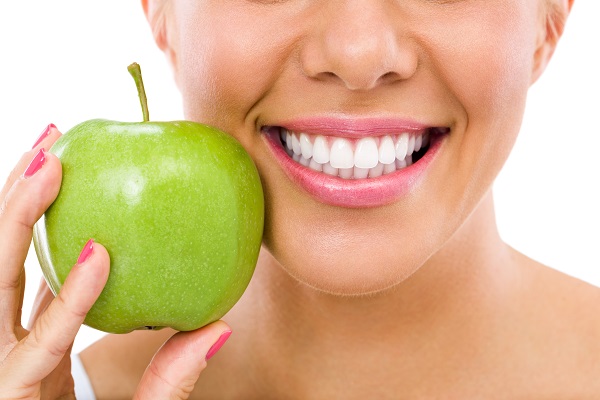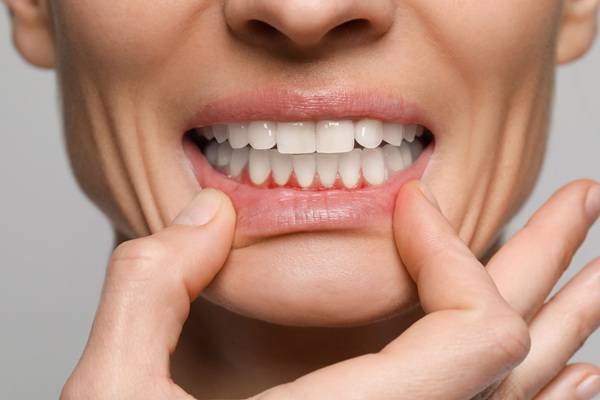General Dentistry: Why Is Snacking So Bad for Your Teeth?

Have you ever wondered what general dentistry professionals think about how snacking affects your dental health? Snacking in between meals is a great way to refuel your body and keep you going until your next meal.
However, many people substitute snacks for meals, which can be bad for your teeth. In general dentistry, there is a belief that frequent snacking does as much damage to your teeth as eating candy or drinking sodas.
Why is snacking so bad for your teeth?
For general dentistry practitioners, snacking is considered to be bad for your teeth because anytime you snack on sugary or starchy foods, the sugar and starch combined with the bacteria in your mouth to form acids that wear down your enamel.
When your enamel is weakened, the structure of your teeth becomes compromised, leading to tiny holes known as cavities, a form of tooth decay. If the cavities in your teeth are left unchecked, they can lead to further tooth decay and, eventually, tooth loss.
What should I do if I cannot snack?
Even though snacking can be bad for your health, you can still enjoy some of your favorite snacks as long as you do so in moderation. If you want to protect your teeth, you will also have to practice good oral hygiene.
The American Dental Association recommends brushing your teeth at least twice a day and flossing regularly. Ideally, general dentistry practitioners would prefer it if you brushed your teeth after every meal but that is not very practical, especially if you snack a lot.
The best way to protect your teeth after snacking is to rinse with either fluoride mouthwash or tap water because most of the tap water in the country has fluoride in it.
Limiting your snacking
There are plenty of ways to reduce the amount of snacking you do each day, helping to protect your teeth. Some of the most popular techniques used to reduce snacking in general dentistry include:
- Eating breakfast: It is said that breakfast is the most important meal of the day, but a lot of people skip breakfast, opting for alternatives to snack on. If you eat a big meal for breakfast every day, your body gets fueled and your appetite is curbed, meaning you are likely to eat fewer snacks
- Drink water: Drinking water helps to hydrate your body and helps you feel less fatigued. Water is also a better alternative to any soda or sugary drink because it does not damage your teeth as sugary drinks do
- Eat less sugar: If you want to eat a snack, try avoiding sugary snacks and processed foods
- Have a healthy diet: A balanced diet is very important to your general and oral health, which is why you should eat a lot of healthy food, fruits and vegetables to help you maintain a balance
Conclusion
Snacking is bad for your teeth because many snacks have plenty of sugar and carbohydrates. If you want to learn more about the negative effects of snacking on your teeth, talk to your dentist to understand how snacking affects your teeth.
Request an appointment here: https://rowleyfamilydental.com or call Rowley Family Dental Center at (978) 364-8516 for an appointment in our Rowley office.
Check out what others are saying about our services on Yelp: Read our Yelp reviews.
Recent Posts
Seeking a straighter smile often begins with a visit to a cosmetic dentist. These professionals offer advanced teeth straightening options that improve alignment while also considering the appearance of the entire smile. Whether correcting mild crowding or closing noticeable gaps, a cosmetic dentist evaluates structure, bite, and facial balance to create a personalized plan that…
Gum disease is a common yet often overlooked condition that affects millions of adults worldwide. It begins subtly, often without noticeable pain, making it a silent threat to both oral and overall health. Left untreated, gum disease can progress from mild inflammation to a severe infection, potentially leading to tooth loss and contributing to other…
A preventive dentist promotes long-term oral wellness by focusing on early detection, regular checkups, and proactive measures to protect teeth and gums from disease. By prioritizing prevention, you can avoid many dental issues before they even begin. Explore some of the most frequently asked questions about preventive dentistry, gain valuable insight that can help you…
Getting a dental filling is a common procedure where a dentist restores the integrity of a decayed or damaged tooth. After placing a filling, you need to take the correct steps during recovery to ensure its durability and long-term effectiveness. Avoiding certain activities and habits promotes long-term oral health and prevents potential complications.One of the…


